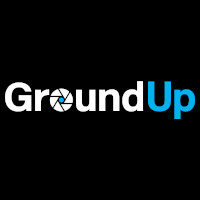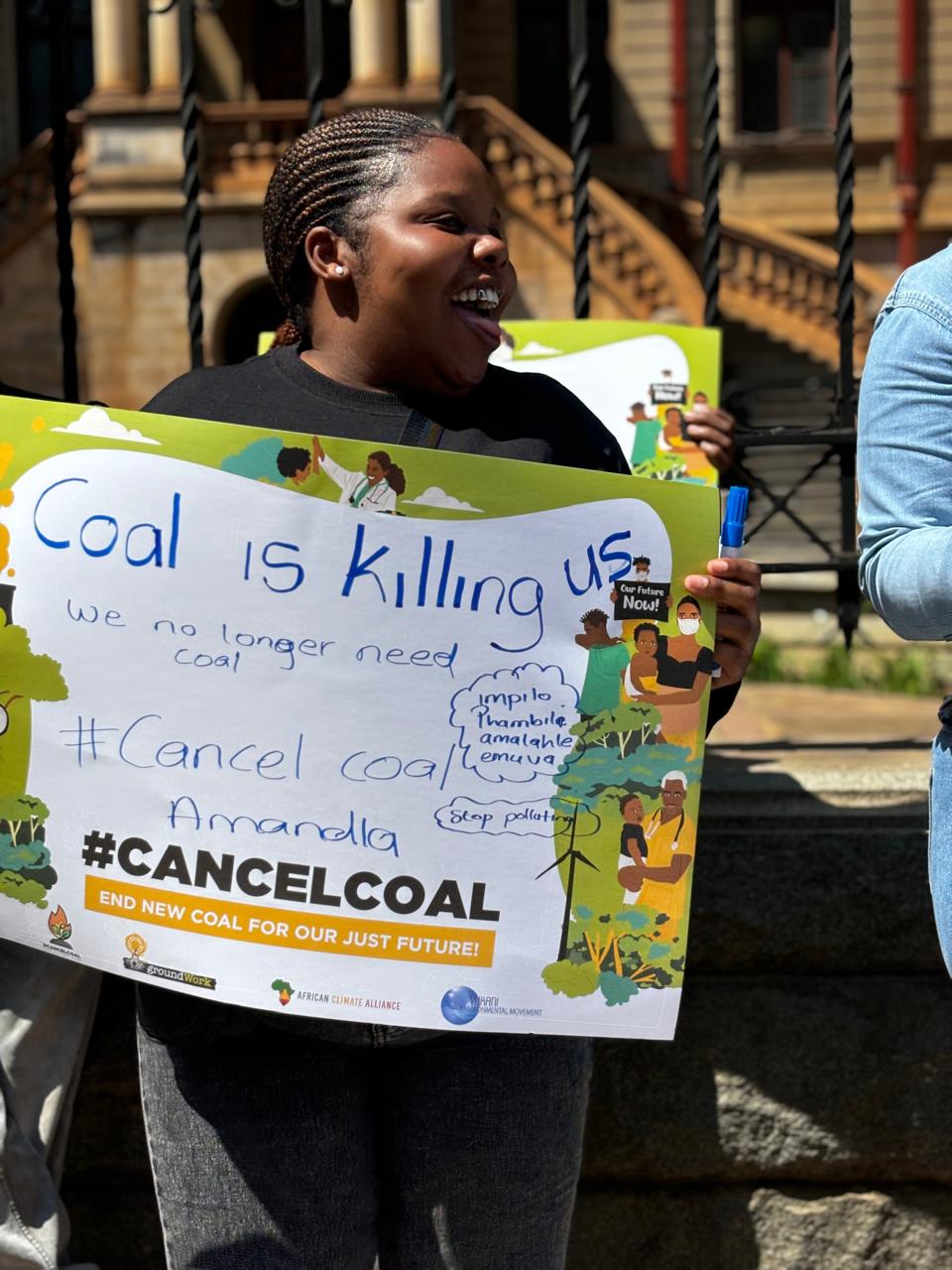A report by Clean Creatives takes issue with advertising agencies that do work for fossil fuel companies like TotalEnergies. Archive photo: Ashraf Hendricks
A movement within the advertising industry, under the name Clean Creatives, pledges not to accept work from fossil fuel companies.
Clean Creatives say that advertising campaigns for fossil fuel companies have for decades been involved in sophisticated public deception.
The group are calling on the premier South African advertising awards, The Loeries, to ban work done on behalf of fossil fuel companies.
Advertising and public relations (PR) agencies running campaigns for fossil fuel companies are being taken to task by their colleagues for aiding climate catastrophe by greenwashing the environmental harm caused by their client’s activities.
For the first time, a report listing 41 advertising and PR agencies with current and historic contracts with coal, oil, and gas companies has been released by the South African chapter of a global coalition of media agencies called Clean Creatives.
Along with the publication on Wednesday of what they call the SA F-List, Clean Creatives SA is petitioning South Africa’s premier advertising awards, the Loerie Awards which is taking place in Cape Town this week, to ban entries for work undertaken for fossil fuel companies.
The SA F-List is contained in a report titled ‘Fueling A Perfect Storm’, in which Clean Creatives SA states 35 agencies and more than 140 people working in the advertising and PR industry have pledged to decline to work with fossil fuel companies or agencies that retain fossil fuel clients. Globally, more than 700 agencies have signed the pledge.
Researched and compiled by Clean Creatives SA country director Stephen Horn, the report states the burning of coal, oil, and gas accounts for more than 75% of the greenhouse gas emissions that trap heat in our atmosphere.
Drawing on established science, the report goes on to state the resulting global heating is leading to extreme weather events. An increasingly unstable climate threatens our food security, health, and the ecosystems we depend on for survival.
“Despite knowing their product is endangering all of humanity, fossil fuel companies have spent decades deceiving the public by sowing doubt about climate change and lobbying to delay climate regulation,” states the report.
“Advertising and public relations companies are key agents in this massive and sophisticated ongoing campaign of public deception.”
One of the campaigns singled out is Total’s rebrand to TotalEnergies in 2021, featuring Springbok rugby captain Siya Kolisi in a campaign by Edelman PR agency highlighting TotalEnergies’ solar-powered service stations.
Horn notes TotalEnergies’ allocation of 88% of its capital expenditure to fossil fuels, as well as its East African Crude Oil Pipeline (EACOP), which will be the world’s longest heated crude oil pipeline.
The EACOP, which runs through the Murchison Falls National Park in Uganda, has been condemned for human rights violations. While Edelman rejected campaigning for EACOP, it was still happy to work with TotalEnergies, states the report.
Edelman South Africa could not be reached for comment.
Although his sources are not cited, Horn states South Africa’s reliance on coal makes it one of the top 15 greenhouse gas emitters globally, and the world’s most carbon-intensive economy. Yet, he states, it is particularly vulnerable to climate change, warming at twice the global average.
Meanwhile, fossil fuel companies “use misleading advertising and PR strategies to delay a just transition away from polluting fossil fuels towards clean solutions such as wind, solar and energy storage”.
He says advertising agencies’ justification that they are helping their fossil fuel clients navigate the just transition by helping them to communicate their commitment to clean energy is indefensible when in reality their clients are directing just 1% of their capital expenditure on renewables, with the rest going to fossil fuel exploration and extraction.
The report states advertising agencies “have a unique opportunity to educate people about climate change and influence sustainable behaviour”.
“From the UN’s IPCC (Intergovernmental Panel on Climate Change) reports to academic research, scientists now widely recognise the crucial role advertising, the media and culture must play in helping humanity take action to avoid the worst consequences of a warming planet.”
But Sandra Gordon, veteran advertising industry expert and founder and managing director of Stone Soup Public Relations, said there was “not much clean” in general about what the advertising industry did.
“Advertising is a cornerstone of capitalism, a driving force that encourages consumers to purchase, invest in, enjoy and benefit from, a multitude of products that are quite frankly harmful to the planet and themselves,” said Gordon.
“That said, they [Clean Creatives] have the right to express their views and climate change is a hot topic. I suspect they are punching above their weight and note the absence of powerful voices within their ranks.”
Katlego Mahura, managing director at Idea Engineers, one of the agencies named on the F-List for work with Sasol, said their current engagements with the fossil fuel sector are related to programmes offering bursaries for underprivileged youth and encouraging school children to pursue STEM careers.
“By engaging constructively with this sector, we can contribute to positive change and progress towards a more sustainable future,” said Mahura.
The Loerie Award organisers and numerous advertising and PR agencies on the F-List who were contacted did not respond.






